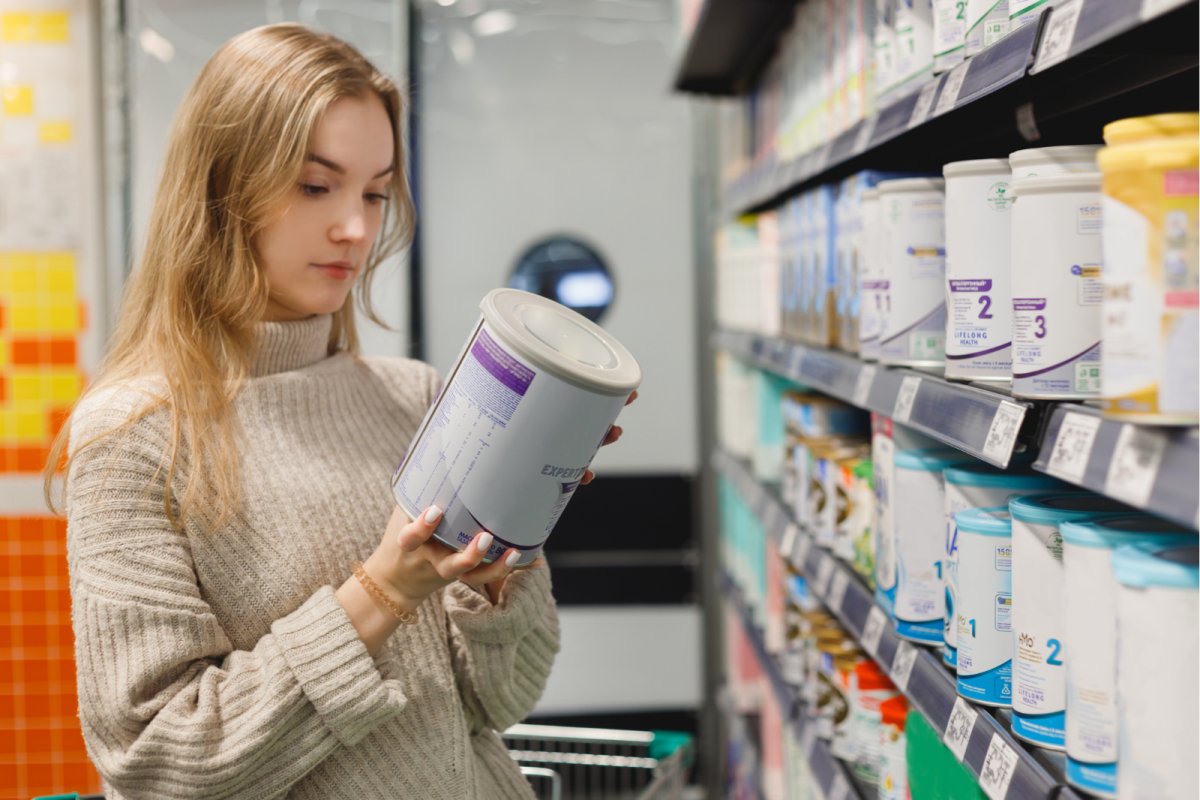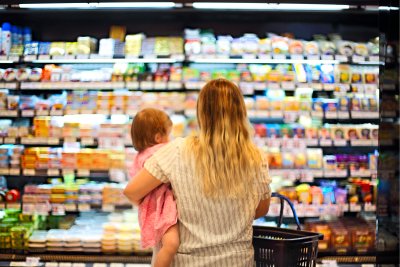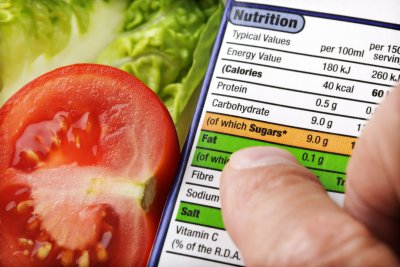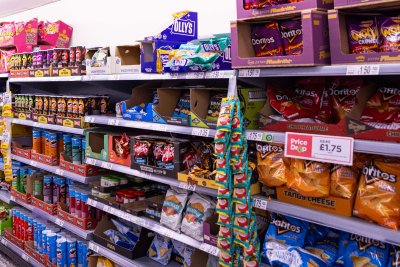 . Copyright: Vladdeep | istock
. Copyright: Vladdeep | istock

Knowsley Council signs off UK's second comprehensive healthier baby food advertising policy
The policy was brought in as an update to their healthier food advertising policy and will address misleading and inappropriate unhealthy products marketed to young children.
Knowsley Council have become the second local government to introduce the policy developed by Sustain to restrict commercial baby food after the London borough of Hounslow in November 2024.
They have become the second government of any size to act on the World Health Organization’s (WHO) calls to comprehensively restrict the inappropriate marketing of commercial baby food. Evidence from the UK and beyond shows many products have poor nutrition and are misleadingly marketed, masking unhealthy qualities.
It was introduced as an update to their Healthier Food Advertising Policy, which they brought in with support from Sustain in January 2024. They were the 11th council in England and the first in the Northwest of England to do so. There are now 24 councils that have successfully signed off a robust Healthier Food Advertising policy with the support of Sustain.
The updated policy will comprehensively address inappropriately marketed foods and drinks for babies and children under 3 years. It will include the WHO Code, which provides protections against inappropriately marketed breastmilk substitutes and follow-on milks, as well as the WHO’s Nutrient and Promotion Profile Model (NPPM) which provides protections against inappropriately marketed commercial (bought) baby foods and other drinks.
Fran Bernhardt, Sustain’s Commercial Determinants Coordinator said:
By removing the spotlight from unhealthy foods and drinks, Knowsley Council is championing the health of their residents at all ages. Since introducing a robust healthier food advertising policy last year, we’re delighted they have continued to review and update their policy in line with best practice. In doing so, they’ve demonstrated a truly exemplary approach. We hope this important step will inspire and embolden other local and national governments to bring in robust policies, updated with best practice to champion children’s health.
Cllr Christine Bannon, Cabinet Member for Health said:
The aim of this policy is to create a healthier environment for our communities by restricting the promotion of certain products and encouraging healthier choices.
This is not about removing choice for residents but instead ensuring that our residents have access to the right information to make healthier choices, rather than being misled through marketing techniques.
As a Council we are committed to improving education and confidence around preparing good quality nutritious food at home. These restrictions support this work and the wider strategies being adopted across the council, including the priority three of the new Knowsley Council Plan 2025-2030.
Background to the Healthier Food Advertising Policy
Evidence from the London School of Hygiene and Tropical Medicine’s evaluation of the Transport for London policy has shown that the restrictions led to a 20% reduction in sugary products, and a 1000 calorie decrease per week per household from unhealthy foods and drinks. Further modelling research from the University of Sheffield has estimated that across London, the restriction may lead to 95,000 fewer cases of obesity, 3000 fewer cases of diabetes and 2000 fewer cases of heart disease and could save the NHS £218 million over the lifetime of the current population.
Transport for London also announced that its advertising revenues have been unaffected by the restrictions since implementation in 2019. In the first year of the policy, revenues went up by £2.3 million, and in the second year (2020-21), despite financial losses due to Covid lockdowns at the time, the restrictions enabled the advertising figures to be maintained.
While local governments are taking action on outdoor advertising, national government has stalled. Despite the House of Lords urging the Government to restrict unhealthy food and drink advertising across all advertising mediums by 2026, the Government has taken no action on outdoor advertising.
In May 2025, the UK Government gave in to industry pressure by delaying and diluting the legislation to restrict unhealthy food advertising on TV and online. This is the third time it has been delayed since it was first proposed in 2020 when implementation was to begin in 2022.
If your local authority is interested in introducing a healthier food advertising policy, check out Sustain's toolkit for local authorities.
Background to the Healthier Baby Food Advertising Policy
The UK Government’s Competition and Markets Authority report highlights that formula marketing confuses parents, leads to them paying over the odds for formula milk and drowns out the “clear, accurate and impartial information” provided by health care professionals. As set out by the Food for Health Alliance: “Infant formula manufacturers worldwide have a history of unethically promoting their products – putting profits before baby health. This marketing is designed to influence parents and caregivers and can ultimately cloud their judgement when they are trying to make the best decisions for their babies and toddlers.” Bremner and co’s report has found that parents report feeling stigmatised whether they breastfeed, use formula or combine the two.
The NPPM covers all food and drinks (except breastmilk substitutes, as these are covered in the code) marketed for babies and young children under age 3. The NPPM is the first set of criteria to evaluate the quality of commercial baby foods both in terms of nutrition and how they are marketed. The NPPM aims to protect parents and their very young children from products with poor ingredients or nutrition (e.g. added sugars, too watery (low energy), high salt, or high sugar content) or that are marketed in a persuasive or misleading way (e.g. claims on pack of 'no added sugar' despite having high sugar levels, or that promote food introduction too early).
Commercial Determinants: Supporting policymakers and councils to introduce healthy food advertising policies.
Sustain
The Green House
244-254 Cambridge Heath Road
London E2 9DA
020 3559 6777
sustain@sustainweb.org
Sustain advocates food and agriculture policies and practices that enhance the health and welfare of people and animals, improve the working and living environment, promote equity and enrich society and culture.
© Sustain 2026
Registered charity (no. 1018643)
Data privacy & cookies
Icons by Icons8







